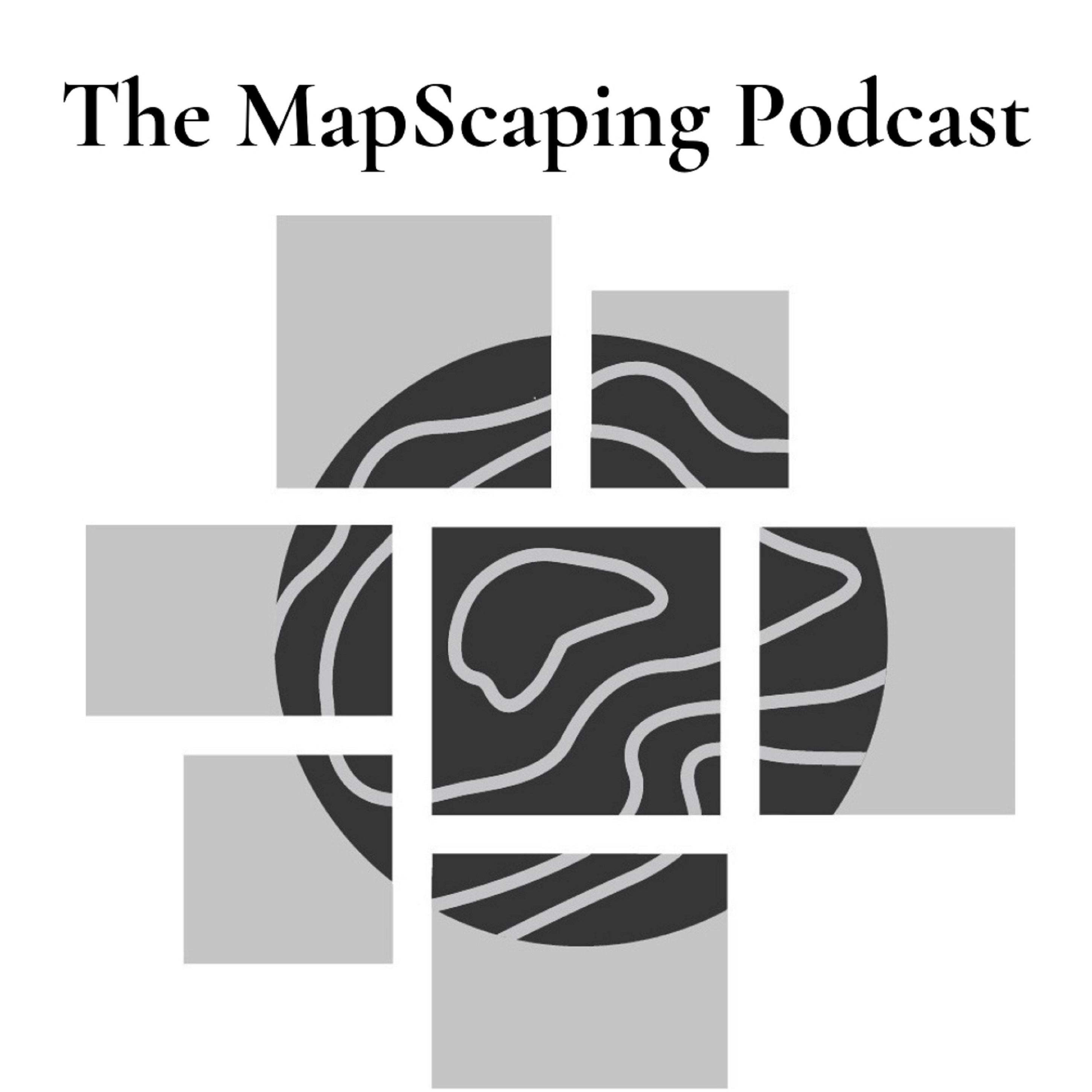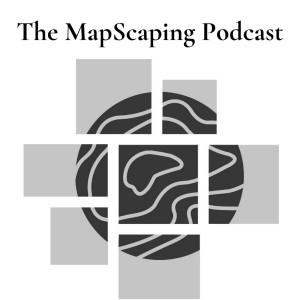

A podcast for geospatial people. Weekly episodes that focus on the tech, trends, tools, and stories from the geospatial world. Interviews with the people that are shaping the future of GIS, geospatial as well as practitioners working in the geo industry. This is a podcast for the GIS and geospatial community subscribe or visit https://mapscaping.com to learn more
A podcast for geospatial people. Weekly episodes that focus on the tech, trends, tools, and stories from the geospatial world. Interviews with the people that are shaping the future of GIS, geospatial as well as practitioners working in the geo industry. This is a podcast for the GIS and geospatial community subscribe or visit https://mapscaping.com to learn more
Episodes

Thursday Aug 01, 2024
Natural Language Geocoding
Thursday Aug 01, 2024
Thursday Aug 01, 2024
In this episode, I welcome Jason Gilman, a Principal Software Engineer at Element 84, to explore the exciting world of natural language geocoding.
Key Topics Discussed:
-
Introduction to Natural Language Geocoding:
- Jason explains the concept of natural language geocoding and its significance in converting textual descriptions of locations into precise geographical data. This involves using large language models to interpret a user's natural language input, such as "the coast of Florida south of Miami," and transform it into an accurate polygon that represents that specific area on a map. This process automates and simplifies how users interact with geospatial data, making it more accessible and user-friendly.
-
The Evolution of AI and ML in Geospatial Work:
- Over the last six months, Jason has shifted focus to AI and machine learning, leveraging large language models to enhance geospatial data processing.
-
Challenges and Solutions:
- Jason discusses the challenges of interpreting natural language descriptions and the solutions they've implemented, such as using JSON schemas and OpenStreetMap data.
-
Applications and Use Cases:
- From finding specific datasets to processing geographical queries, the applications of natural language geocoding are vast. Jason shares some real-world examples and potential future uses.
-
Future of Geospatial AIML:
- Jason touches on the broader implications of geospatial AI and ML, including the potential for natural language geoprocessing and its impact on scientific research and everyday applications.
Interesting Insights:
- The use of large language models can simplify complex geospatial queries, making advanced geospatial analysis accessible to non-experts.
- Integration of AI and machine learning with traditional geospatial tools opens new avenues for research and application, from environmental monitoring to urban planning.
Quotes:
- "Natural language geocoding is about turning a user's textual description of a place on Earth into a precise polygon."
- "The combination of vision models and large language models allows us to automate complex tasks that previously required manual effort."
Additional Resources:
- Element 84 Website
- State of the Map US Conference Talk on YouTube
- Blog Posts on Natural Language Geocoding
Connect with Jason:
- Visit Element 84's website for more information and contact details.
- Google "Element 84 Natural Language Geocoding" for additional resources and talks.
No comments yet. Be the first to say something!